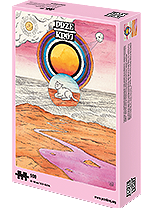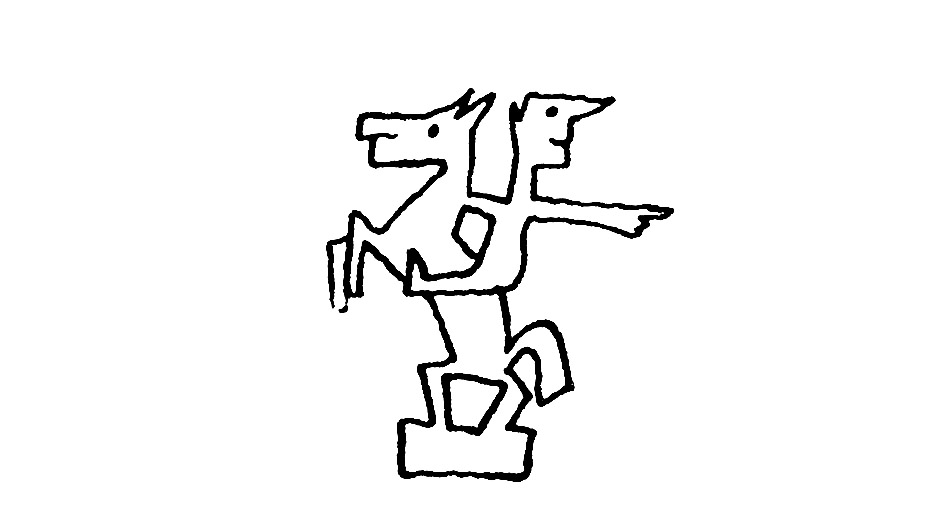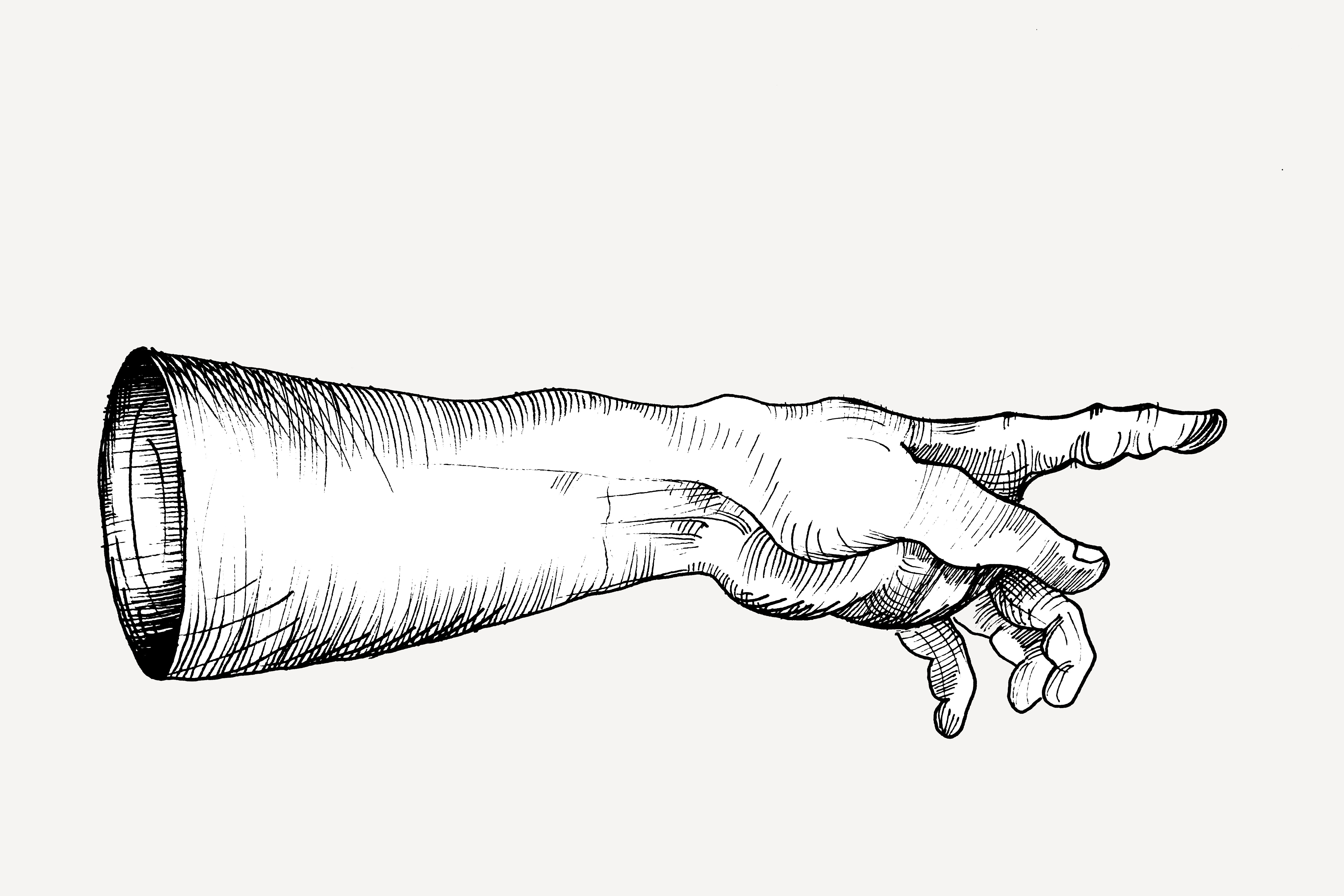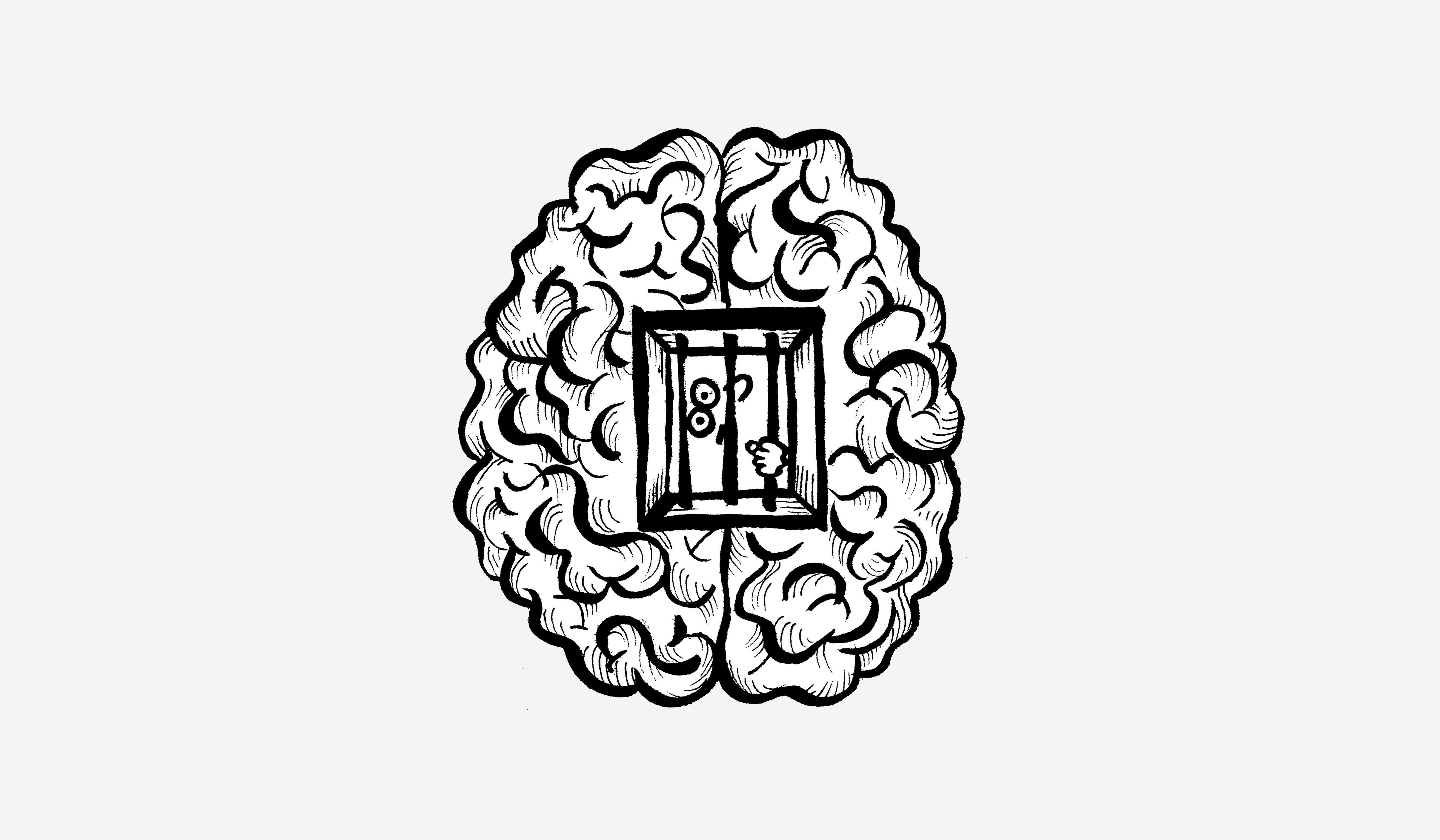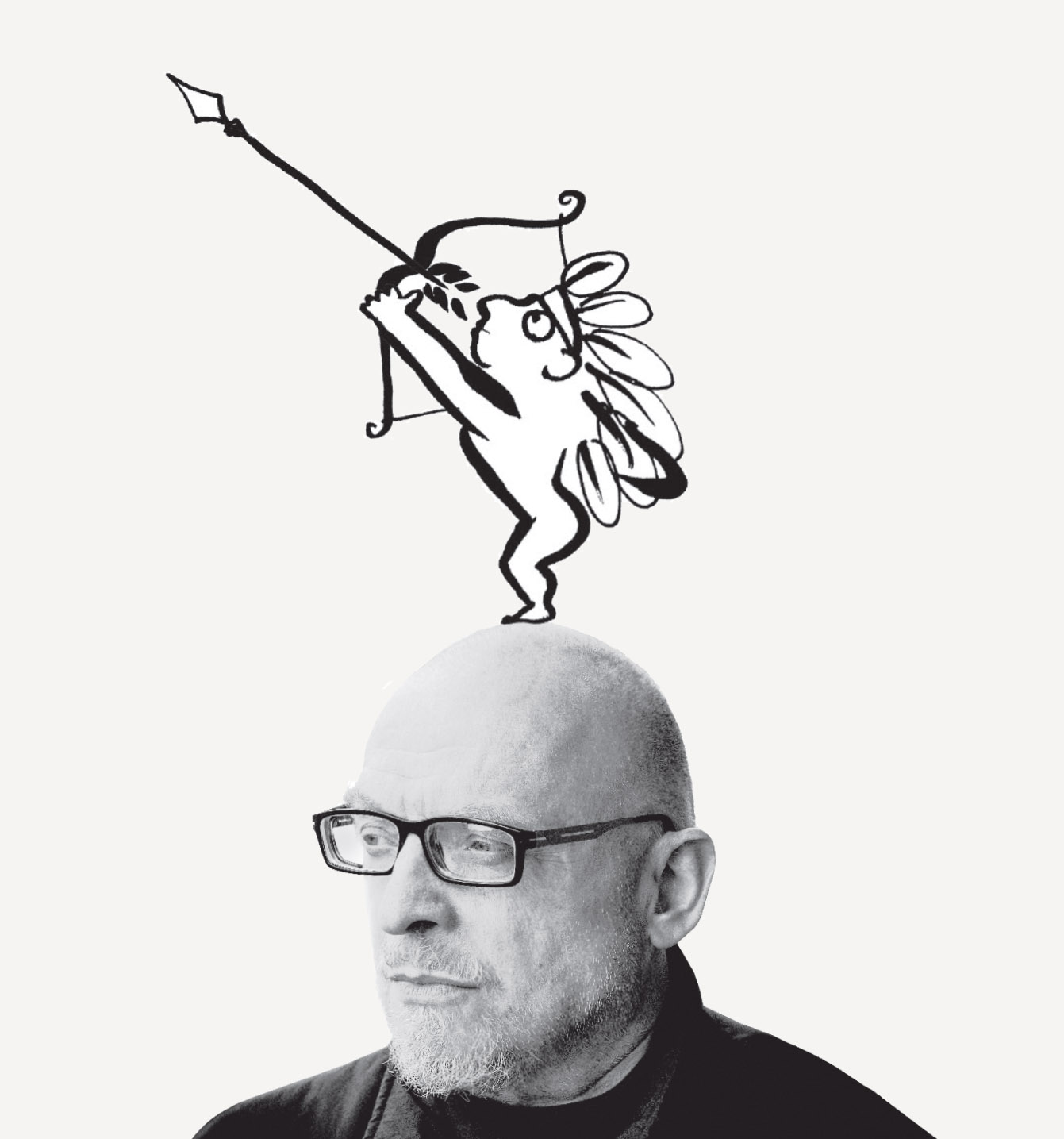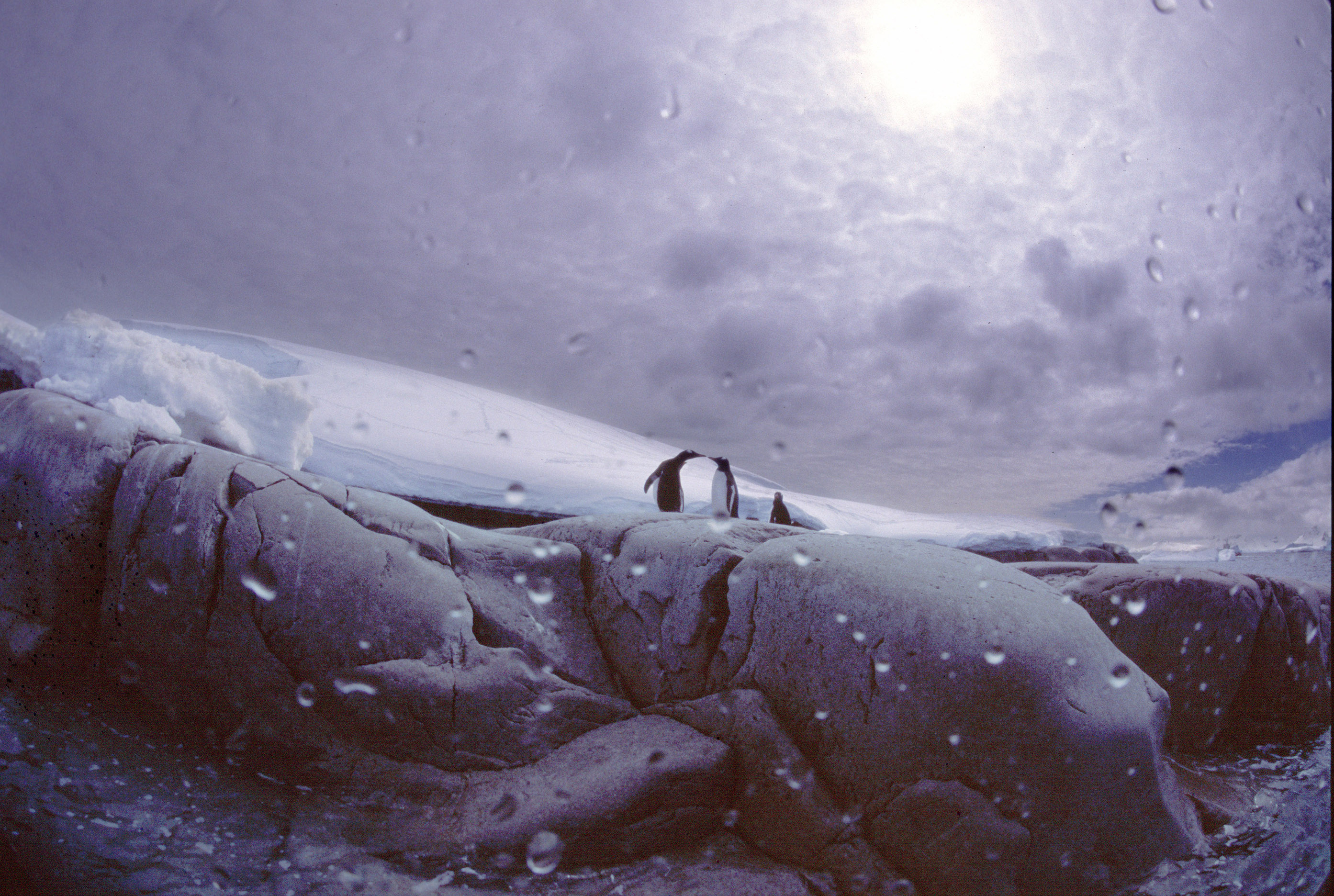
This time, our ‘underage’ panellists at “Przekrój” confronted a topic that immediately concerns them (which doesn’t mean that it interests them): education. When I asked who doesn’t like school, I saw the hands of…
A year has passed since the time we first organized a discussion panel with the participation of the intellectual and mischievous elite of Warsaw’s pre-schools and playgrounds.
Once every three months, an expert team made up of members representing a wide spectrum of ideological views and attitudes convenes at the kitchen table of a representative of “Przekrój”. The meetings do not always proceed in a relaxed atmosphere. Acute worldview clashes and loud arguments take place. Tears roll down many a chubby cheek.
Unlike adults, growing children avoid remaining in a state of conflict. Negative energy is released instantly, much like how the sweets set out on the table disappear in a pinch.
Our young free spirits confront big issues. They re-define the concept of Polishness, analyse theories regarding the creation of the world, take a stance on the climate crisis, discuss the matter of vegetables, and even ponder death.
Work on subsequent assignments for “Przekrój” commands the full attention of the discourse participants. Their professional commitments have pushed their personal lives into the background. Personal life is never discussed; there is no time for it. A balance between the professional and private sphere is missing. Much like everybody else (where ‘everybody else’ is a subset of ‘us’), we’ve lost our balance, and professional relations have taken the upper hand over more subtle auntie-neighbour-friend-related networks of relations and hugs.
The semi-workshops take place regularly and progress along the proper path. On the one hand, each is similar to the next, but on the other, a gradual change that is hard to grasp has taken place. The participants demand that the conditions of cooperation be clearly defined, with a focus on timing issues. The negotiation of play breaks opens each meeting. Participants voice their opinions one at a time, and not all at once, as was the case before. If anybody raises their voice, it is usually the only adult in the group. In the hallway next to the chaotic and supposed ‘row’ of shoes, a small pile of backpacks appears. An attentive journalist would note these small aberrations and try to seek their common source. Meanwhile, our correspondent is struggling with sleepiness and a general feeling of distraction. She does not connect the dots nor dot her ‘I’s’; on the contrary, she is seeing dots. For some time now, perhaps as of 2nd September, seven o’clock in the morning – which would sporadically emerge from oblivion as an exotic end to the night – has become the beginning of five out of seven days of the week. Night blends with day, the professional with personal. Her only daughter and panellist starts her early childhood education, which brings with it an era of early mornings and their painful consequences.
Another assignment from “Przekrój”. Children’s faces surround the kitchen table, each hovering above the tabletop a bit more than three months ago. The sleepy “Przekrój” employee, with the enthusiasm of a night-shift production line employee, conveys the latest topic to the gathered crowd: school.
Children: Nooooo!
Hugon: I knew it… I knew, before I left the house, that it’s going to be about school. I felt it. I could have stayed at home.
Children: Booooring! Noooo!
Seriously? So let’s vote, hands up who doesn’t like school.
All the panellists raise their hands.
Now hands up who likes school.
Two people raise their hands.
Lu (hand up for no): So do you like school or not already?
Hania: Well that depends. Yes and no.
Hania II: Exactly!
Lu: Everything in life is a little bit fun, a little bit not fun.
Wanda, who does not go to school yet, shyly raises her hand.
Wanda, you know you don’t like school even though you still don’t go to school?
Wanda: Exactly! My sister told me about it, for starters. And also, I go to a school for Lego and you can’t run around at break-time there. We go out into the hallway, but we can’t run around. But the older kids are running around. But we can’t.
Hania: I often tell her that school is no fun.
Hania II: We can’t comb each other’s hair in class, plus somebody’s always stealing stuff.
Lu: We don’t have anybody stealing stuff, but we can’t brush our hair and we can’t run around.
At the same time?
Lu: No, just like that.
Hania: In the hallway.
Lu: We can’t run around at all, because what is that supposed to mean?
How big are your classes?
Hugon: I’ve got 8 and some.
Hania, Lu, Hania II: Whooooa! 8???
Hugon: 8 and some. I said! That doesn’t mean 8, because it’s 8 and some!
Hania: I’ve got 40, with that boy that keeps on hitting me.
Lu: I’ve got 19 including me. A complete set.
Children: We can show you the school, but you have to be a pupil and then you’ll see.
Hahahahahahaha!
School or pre-school? Which is better?
Children: Pre-schooool!
Lu: We play in school, but because of the bad kids, always the same ones, the teacher takes away playtime. And we have to sit. But we prefer to play, we want to play. That makes sense.
Hania: You can play in pre-school, but in school you have to learn.
Hugon: This and that. School is great in the afternoon, when the teacher from the after-school club is there, and I don’t work and it’s interesting. But there can’t be too many kids, they have to be ill or something.
But, in general, what is school for?
Hania: But if we don’t have school then what?
Lu: Somebody wouldn’t know how much one plus one is! Come on!
Hugon: If you don’t go to school, then first you go to juvie, then to jail. That’s the way it is.
Hania II: And how will you read the national emblem of Poland if you can’t read?
Lu: Excuse me, I’m bored.
Hania: How much longer?
The same time as a lesson.
Hania: But that depends! When we’re outside, the teacher makes it shorter!
Hania II: For me it’s no fun when we can’t do somersaults outside, because the teacher is afraid we’ll get hurt.
Lu: Maybe she can’t do somersaults?
Wanda: And she feels foolish that she can’t?
Hania II: No, it’s not because she’s jealous, it’s because she’s scared.
Hania: It would look kind of foolish that she’s grown up and can’t do a somersault. Lame.
Lu: Maybe that’s the way it is.
Hugon: We don’t know how it is.
Your dream school. What lessons do you have?
Hania: Art, art, art, art, art, art, art.
No music?
Hania II: Sorry, art, art, art, music, art, art, art, art.
Hania: Maybe maths.
Hania II: Art, art, art, art and uhmm… music. And art, art, art.
Hugon: We can’t work now, we’re pupils.
Lu: Exactly!
Hania: I have a rough day tomorrow, I don’t want to work now.
Wanda: And whatever!
Hugon: Auntie, you work. We learn.
One doesn’t exclude the other, but that would be a long story.
And the alarm goes off at seven.
Translated from the Polish by by Mark Ordon

